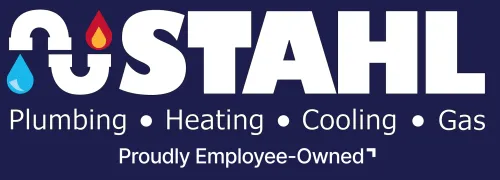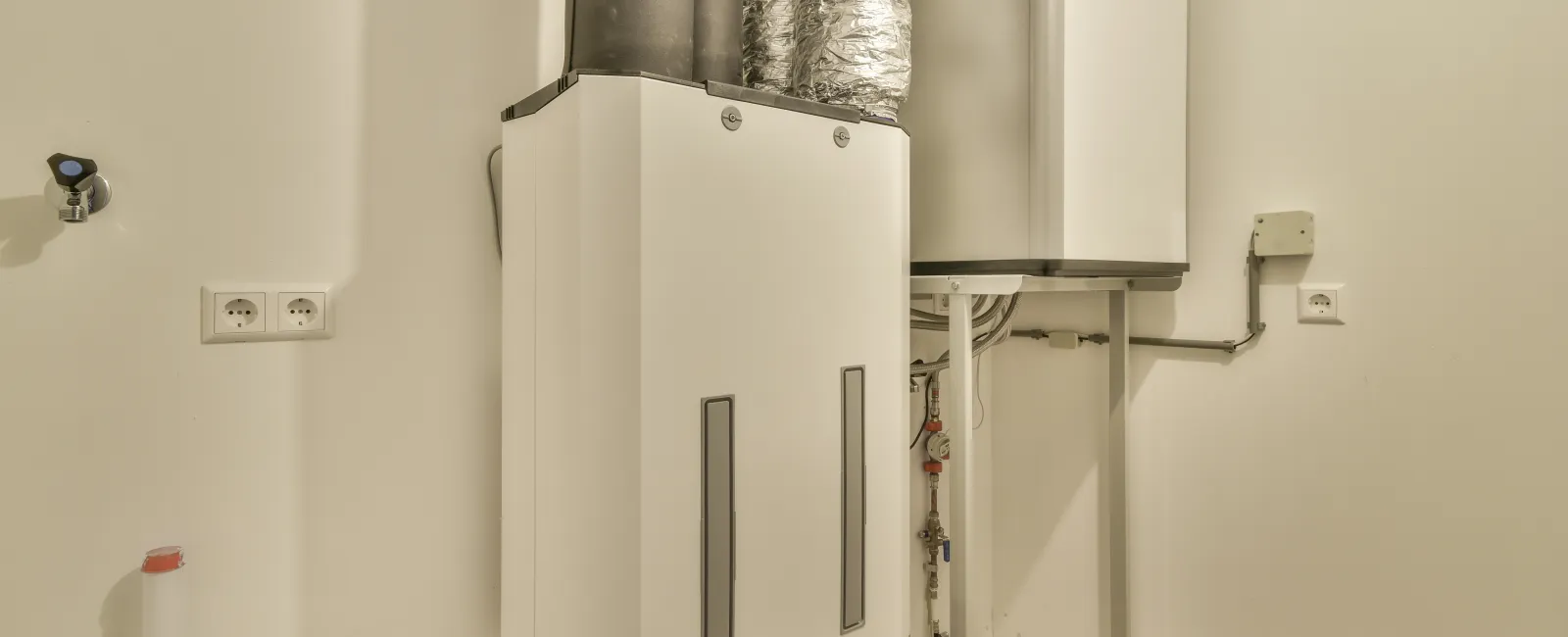In today's environmentally conscious world, adopting eco-friendly practices extends beyond recycling and energy conservation. Homeowners can positively impact our environment by grasping sustainable living principles, even in plumbing.
With a focus on reducing water waste, minimizing environmental impact, and conserving resources, let's explore some eco-friendly plumbing solutions and green plumbing alternatives for your home.
Eco-Friendly Plumbing Solutions
- Low-Flow Fixtures: One of the most accessible and efficient eco-friendly plumbing solutions is installing low-flow fixtures. Low-flow toilets, faucets, and showerheads have been created to lower water consumption by limiting the flow rate while maintaining adequate water pressure. These fixtures can significantly decrease water usage in your home, which means lower utility bills and the conservation of precious water resources.
- High-Efficiency Water Heaters: Traditional water heaters can be energy-intensive and inefficient, leading to unnecessary energy consumption and higher utility costs. Opting for high-efficiency water heaters, such as tankless or heat pump water heaters, can help minimize energy usage and reduce greenhouse gas emissions. Tankless water heaters, in particular, heat water on demand, which means there is no standby heat loss associated with traditional tank water heaters.
- Greywater Systems: Greywater systems offer an innovative approach to water conservation by recycling gently used water from sinks, showers, and washing machines for applications such as landscape irrigation and toilet flushing. By diverting greywater from the sewer system and reusing it onsite, homeowners can significantly reduce their freshwater consumption and lessen the burden on municipal wastewater treatment facilities.
- Rainwater Harvesting: Harvesting rainwater is a sustainable plumbing option that allows homeowners to capture and store rainwater for later use in gardening, landscaping, and outdoor cleaning tasks. Rainwater harvesting systems typically consist of collection barrels or tanks equipped with filters and pumps to ensure water quality and usability. By harnessing rainwater as a renewable resource, homeowners can decrease their reliance on municipal water and contribute to conservation efforts. This is one of the most innovative green plumbing alternatives.
- Water-Efficient Appliances: Investing in water-efficient appliances, such as dishwashers and washing machines with ENERGY STAR certification, can yield significant water and energy savings over time. These appliances are designed to optimize water usage and minimize waste without sacrificing performance, making them a practical choice for eco-conscious households.
- Pipe Insulation: Properly insulating your plumbing pipes helps prevent heat loss, reduce energy consumption, and conserve water by minimizing the time it takes for hot water to reach its destination. Homeowners can enjoy faster hot water delivery and lower energy bills by insulating hot water pipes while reducing the strain on water heaters and associated infrastructure.
Green Plumbing Technology
Eco-friendly, green plumbing technology has advanced in recent years, too, making it even easier to save months and the planet simultaneously. Here are a couple of green technologies to consider:
- Smart Water Monitoring Systems
Smart water monitoring systems leverage technology to track water usage, detect leaks, and optimize water conservation efforts in real time. These systems provide homeowners with valuable insights into their water consumption patterns, allowing them to identify areas for improvement and implement targeted conservation measures. Smart water monitoring systems are important in promoting sustainable living practices by empowering homeowners to make informed decisions about their water usage.
- Solar Water Heating
Solar water heating systems harness the sun's power to heat water for domestic use, offering a renewable and green alternative to conventional water heating methods. Solar collectors installed on rooftops or other sun-exposed areas capture solar energy and transfer it to a heat exchanger, where it heats the water stored in a tank or storage vessel. When homeowners tap into solar power, they can decrease their dependence on fossil fuels and shrink their carbon footprint.
Embracing eco-friendly plumbing solutions and green plumbing alternatives can help homeowners reduce their environmental impact, conserve valuable resources, and lower their utility costs. From low-flow fixtures and high-efficiency water heaters to rainwater harvesting systems and smart water monitoring technology, numerous options are available to promote sustainable living practices in plumbing. By making informed choices and investing in green plumbing technology, homeowners can proactively build a more sustainable future. Contact us today if you have any questions!

